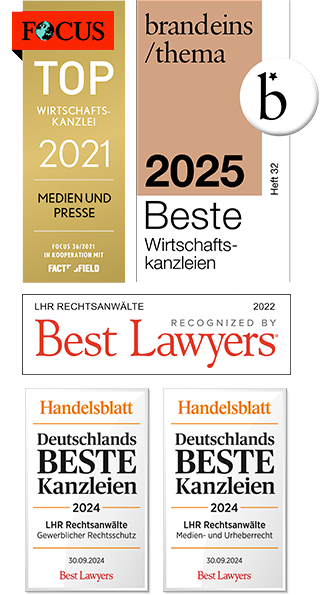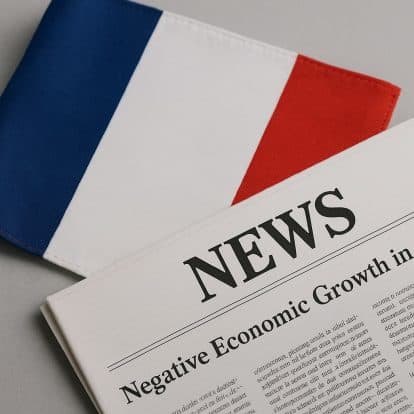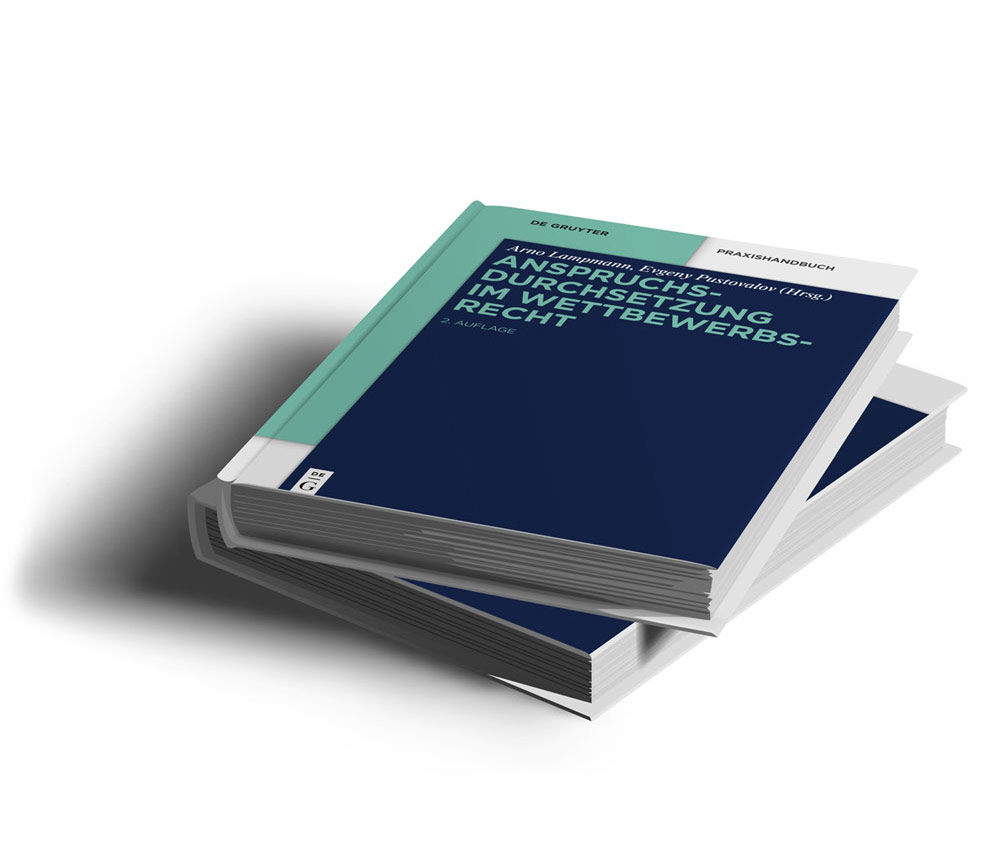Cross-Border Media Law: Legal Remedies for French Companies in German Courts
Cross-Border Media Law: Legal Remedies for French Companies in German Courts
Exploring how Germany’s media law framework can provide strategic advantages for French companies operating across borders.
Media law in an international economy
Internationally operating companies today navigate a highly dynamic and digitalized media landscape. Especially for enterprises with a high public profile, such as those in the luxury, technology, or financial sectors, are particularly vulnerable to damaging coverage or content disseminated through traditional or social media, which can have immediate and serious economic consequences.
In the field of media law, Germany has emerged as a strategically favorable legal forum, particularly for French multinational companies. This article explores the reasons why, highlights the procedural and substantive advantages of the German system, and identifies the scenarios in which legal proceedings in Germany are both realistic and promising.
Typical use cases: when is a media law proceeding warranted?
French companies with global operations are frequently subject to intense media scrutiny, targeted campaigns, or reputational attacks. During periods of increased public attention or corporate restructuring, for example, unlawful content may surface- either deliberately or inadvertently- that can cause significant harm to a company’s public standing.
In such cases, pursuing legal remedies under German media law is not only viable, but also a sound strategic move. Common scenarios include:
- Negative or distorted reporting in German online or print media regarding alleged product defects, scandals or controversial business relationships, for example.
- Infringement of corporate personality rights through interviews, investigative journalism, or social media posts.
- Dissemination of defamatory content via German platforms or German-speaking influencers, especially when the content targets or resonates within the German market.
- Violations of image or trademark rights in journalistic or social media contexts.
Why Germany? The legal advantages of the German media law system
Germany is internationally recognized as one of the leading jurisdictions in the field of personality and reputation protection. This offers several strategic advantages for international companies:
- Strong protection of personality rights- also for corporations
Under Article 2(1) in conjunction with Article 1(1) of the German Basic Law (Grundgesetz, GG), the general right to personality is extended to legal entities if their social standing is affected. German courts, particularly the Federal Constitutional Court (BVerfG) and the Federal Court of Justice (BGH), have established clear legal standards for protecting companies against defamatory media coverage.
In contrast, French law does not recognize an equivalent corporate personality right. Instead, protection is usually provided under general tort law or press-related defamation provisions, which often necessitate evidence of specific, demonstrable harm. This makes Germany an especially compelling jurisdiction for international enterprises concerned with reputation management.
- Effective and rapid interim legal protection
In cases of urgent reputational harm, German media law provides a particularly swift and effective remedy in the form of a preliminary injunction. Upon request, courts can issue such injunctions within days, often without an oral hearing or prior notification to the opposing party. This enables affected companies to swiftly halt the further dissemination of unlawful content and mitigate reputational damage at an early stage.
By comparison, France’s référé procedure, while formally available, tends to be slower and more cautious in judicial application, resulting in a less predictable outcome. The German system therefore provides a powerful, enforceable legal tool that could be crucial for French companies with a global presence.
- Jurisdictional flexibility through the “travelling court jurisdiction” (§ 32 ZPO)
Under Section 32 of the German Code of Civil Procedure (ZPO), jurisdiction lies where the harmful act occurs, which in media law includes any location where the contested content is accessible. This gives plaintiffs broad discretion in selecting from Germany’s specialized courts, such as those in Hamburg, Cologne or Berlin, all of which have extensive experience with media disputes.
- Legal certainty through structured balancing of rights
A core strength of the German legal system is its well-developed methodology for distinguishing between opinions and factual assertions. Courts apply structured balancing tests to weigh freedom of expression (Article 5 GG) against personality rights (Articles 1 and 2 GG). This process provides legal certainty and predictability for claimants.
By contrast, French law lacks a comparable balancing mechanism between freedom of expression (Article 10 of the European Convention on Human Rights) and individual rights. Although reputation is protected under Article 9 of the French Civil Code, the French judiciary tends to take a more formalistic and less context-sensitive approach, often favoring press freedom, particularly in journalistic contexts.
Consequently, the likelihood of achieving a favorable legal outcome is generally more predictable in Germany, particularly in cases involving verifiable, reputation-damaging statements.
When Is damage plausible and legally relevant?
When assessing the viability of a media law claim, it is not enough to establish that a statement is negative; it must also be determined whether and to what extent it is capable of causing reputational harm in a legally relevant way.
For French companies with international operations, such harm is particularly plausible when the media impact reaches the German market and results in concrete economic or immaterial consequences.
Legally relevant scenarios typically include:
- A substantial economic presence in the German-speaking market, for example via subsidiaries, branches or customer bases;
- Widespread dissemination of the content in Germany, particularly through German-language platforms, influencers, or media agencies.
- A demonstrable capacity of the content to cause economic harm, such as contract cancellations, share price fluctuations, or loss of business relationships.
Conclusion: Legal action as a strategic tool in reputation management
For French companies with global exposure and public visibility, enforcing media law rights through legal action in German courts can be a critical component of broader reputation management strategies. Specialized courts, swift interim relief and a high degree of legal clarity all support Germany’s selection as the forum of choice, particularly when rapid intervention is essential.
In high-stakes situations where reputationally damaging content must be neutralized quickly, the German system offers a structured, reliable and highly efficient legal process.
Early legal consultation is strongly recommended in relevant cases to mitigate risk and enable a timely response in crisis scenarios. By strategically leveraging the tools provided under German media law, French global companies can protect their reputations across borders with confidence and legal precision.









